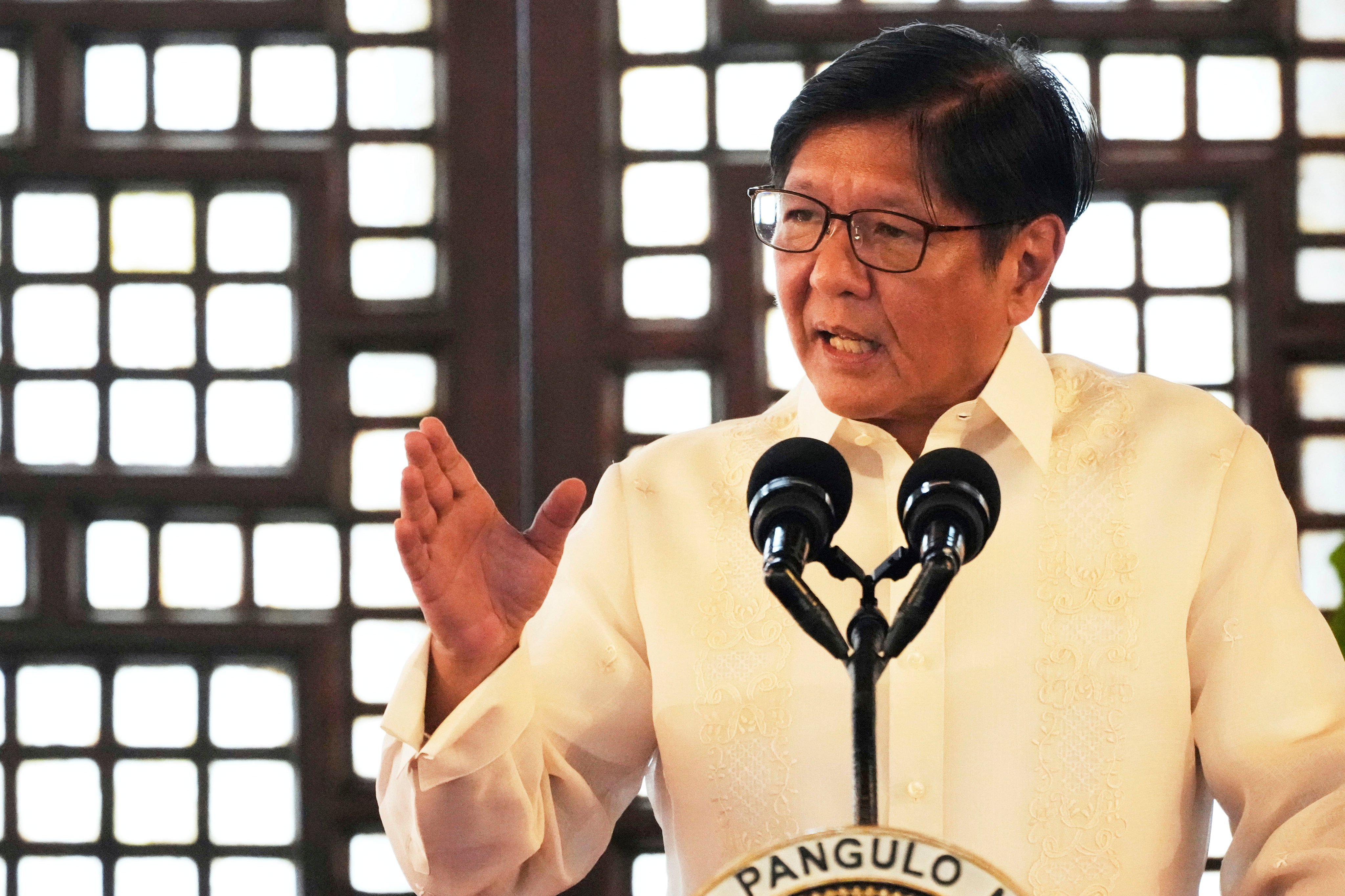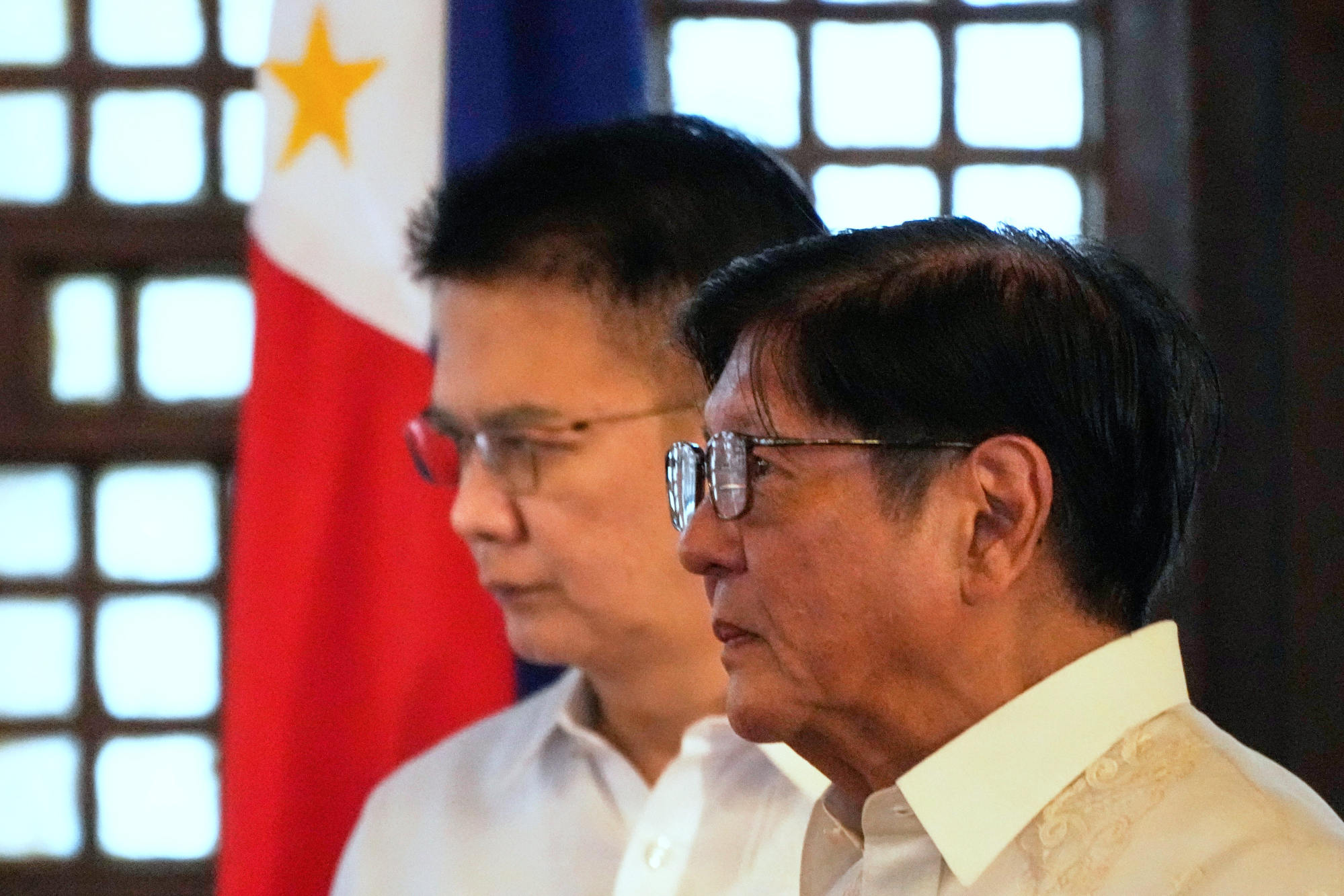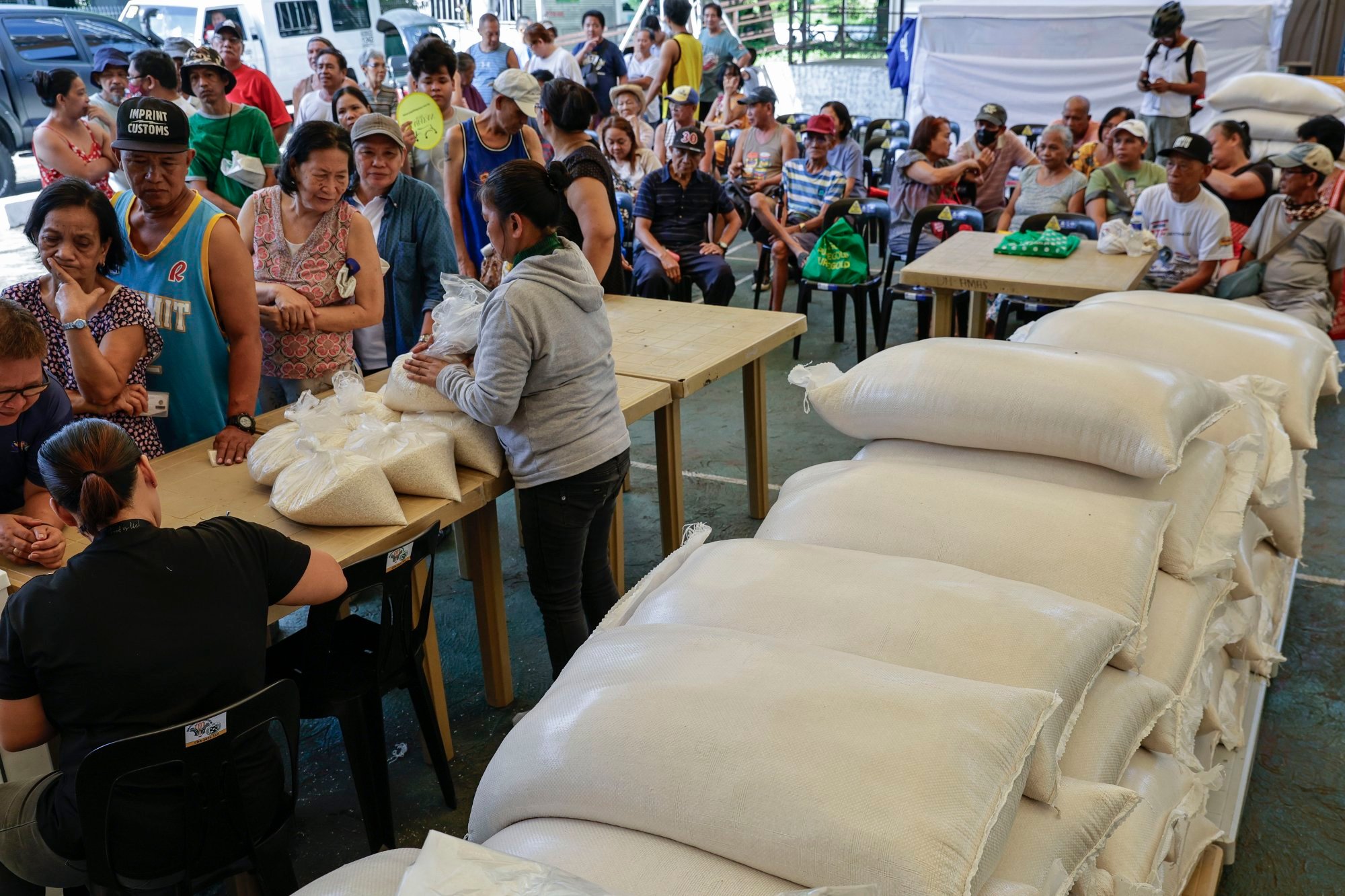Philippines’ Marcos revamps cabinet in ‘bold reset’ after midterms setback
The move signals a push for greater accountability and results within the administration, analysts note

Philippine President Ferdinand Marcos Jnr has ordered the mass resignation of his cabinet in what observers view as a strategic reset aimed at regaining momentum after a stinging midterm election setback.
All cabinet-level secretaries were asked on Thursday to submit their “courtesy resignations” to allow the president to assess their performance and “determine who will continue to serve in line with his administration’s recalibrated priorities”, according to a statement from the presidential palace.
The move, described by the palace as a “bold reset”, came days after only five of the president’s 10 endorsed candidates secured Senate seats in the May 12 vote – a result widely seen as a political blow. Marcos framed the resignations as part of a broader effort to reassert discipline and urgency across government.
“This is not about personalities – it’s about performance, alignment, and urgency,” Marcos said. “Those who have delivered and continue to deliver will be recognised. But we cannot afford to be complacent. The time for comfort zones is over.”
Presidential communications undersecretary Claire Castro said she was not aware of any specific officials being targeted for removal. As of press time, all secretaries had either tendered their resignations or announced they would comply.

Risk analyst Jonathan Ravelas, managing director of eManagement for Business and Marketing Services, told This Week in Asia this “appears to be a strategic move to reassess performance and realign priorities after the midterm elections. It signals a push for greater accountability and results within the administration”.
It also “gives him [Marcos] the leeway to refocus on strengthening economic resilience, improving food security, and ensuring energy stability – key areas that directly impact Filipinos amid global and domestic challenges”, said Ravelas, the retired chief market strategist of the Philippines’ largest bank BDO.
While the current secretaries were “OK”, Marcos “needs someone to be a Whip [and] more strict people in [the] cabinet” to get things done, Ravelas added.
Earlier this week, a reporter had told Marcos he was “too kind” to his subordinates. Marcos replied: “What should I do? Become an evil person? Maybe I should be more fierce. I want to be respected, but maybe fear is better.”
The announcement has prompted concern among some in the business community, particularly over the fate of the president’s economic team, but observers remained upbeat.
“We think this is a very, very strong cabinet,” Rafael Ongpin, executive director of the Makati Business Club, an influential association of the country’s top CEOs, told This Week in Asia. “We don’t think there’s going to be a purge of more than one or two people. We would be very surprised if there were more than one or two.”
He characterised the move as “a cosmetic thing, some kind of public display” of resolve following the election defeat.

Fermin Adriano, a former agriculture and policy consultant in international agencies who once served as agriculture undersecretary under the administration of former president Rodrigo Duterte, said he welcomed the revamp.
“Business will adopt a ‘wait and see’ attitude given that they know who among them will resign and more importantly, who will be replacing them,” he told This Week in Asia.
“Good if the right person is appointed in the DA [Department of Agriculture]. If not, we revert to business as usual mode: low productivity, supply shortage, greater import volumes, and agri-food processing will not develop as we see in Thailand, Malaysia, China and Vietnam.”
Food security ranked as the second most important concern among voters (after more jobs) in the May 12 election, according to private pollster Social Weather Stations. Opposition Liberal Party senatorial candidate Francis “Kiko” Pangilinan, who had made this his main campaign platform, stunned everyone by landing fifth among the 12 winners.
In his courtesy resignation, agriculture secretary Francisco Tiu Laurel Jnr said: “I … now leave it to the president’s good judgment to determine whether I shall continue to be part of his team as he advances his vision for the country.”
Laurel is a billionaire fishing tycoon and a close personal friend of the president.
Economist Sonny Africa, executive director of Ibon Foundation, posted on X that “if the same neoliberal economics and undemocratic pro-oligarch bureaucracy is upheld, [a] new set of officials will not matter”.
For former congressman Barry Gutierrez, the revamp simply means one thing: “The midterm election results were a disaster for the incumbent admin.”
“The burning question now is, can it recover,” he posted on X.

Historian Manolo Quezon, however, suggested to This Week in Asia that Marcos’ action should not come as a surprise.
“We have no institutional memory so we forget after a midterm it’s traditional for presidents to have a cabinet revamp: when rebuked by a defeat, throwing people overboard offers a human sacrifice to the public; where presidents do well and feel validated, it pays off old debts.”
He recalled that the last president to do a revamp was Gloria Macapagal Arroyo after the defeat of her senatorial candidates in the 2007 midterms.
“The message of a revamp is always ‘I hear you’ to the public – a necessary step in trying to shore up political standing and send a message to [the political] coalition the course can be righted.”
Before the announced reshuffle, sources close to the presidential palace had told This Week in Asia that Marcos was unhappy about the sweeping defeat of his Senate slate on the island of Mindanao.
His close friend and special assistant to the president Anton Lagdameo had reportedly promised to deliver the votes but failed.